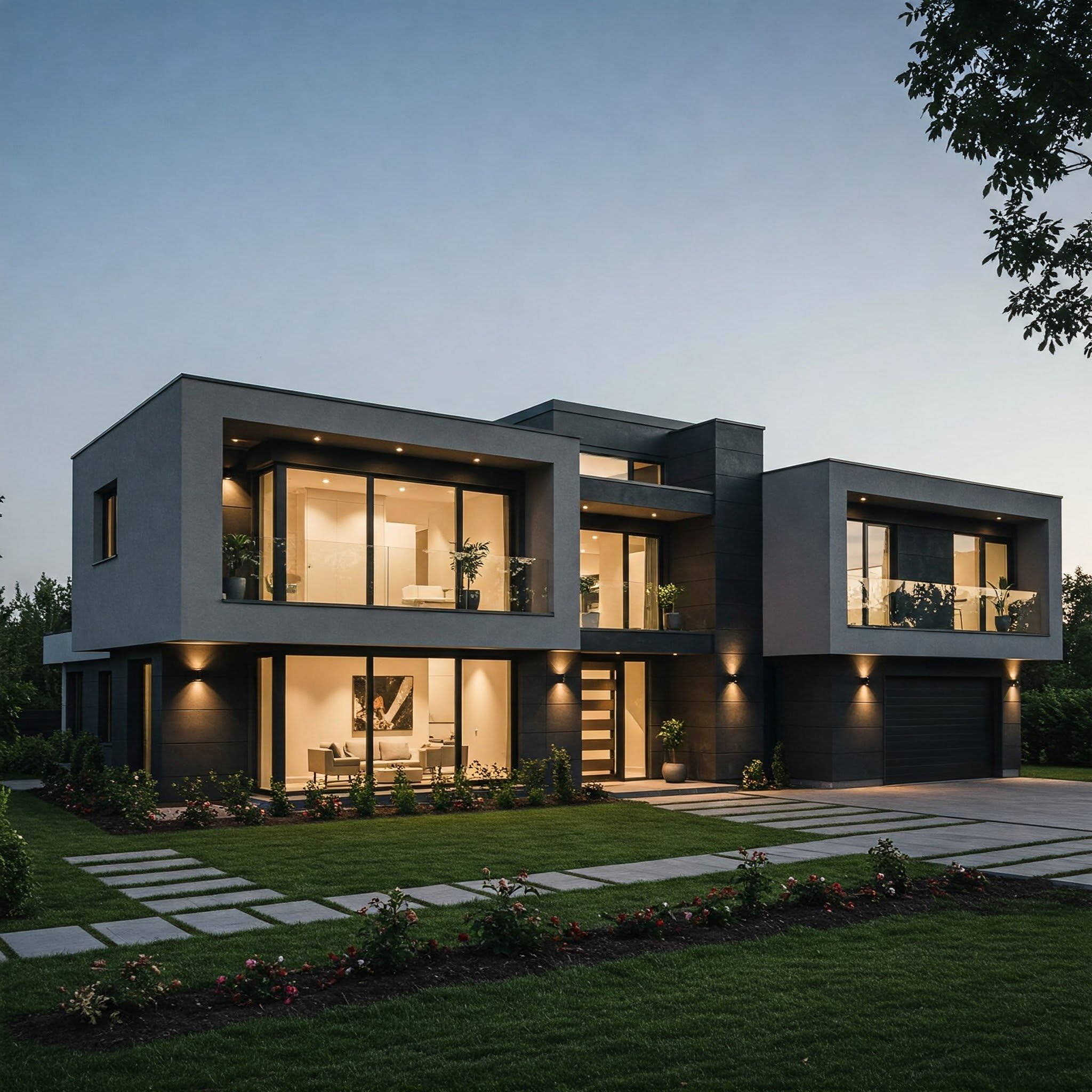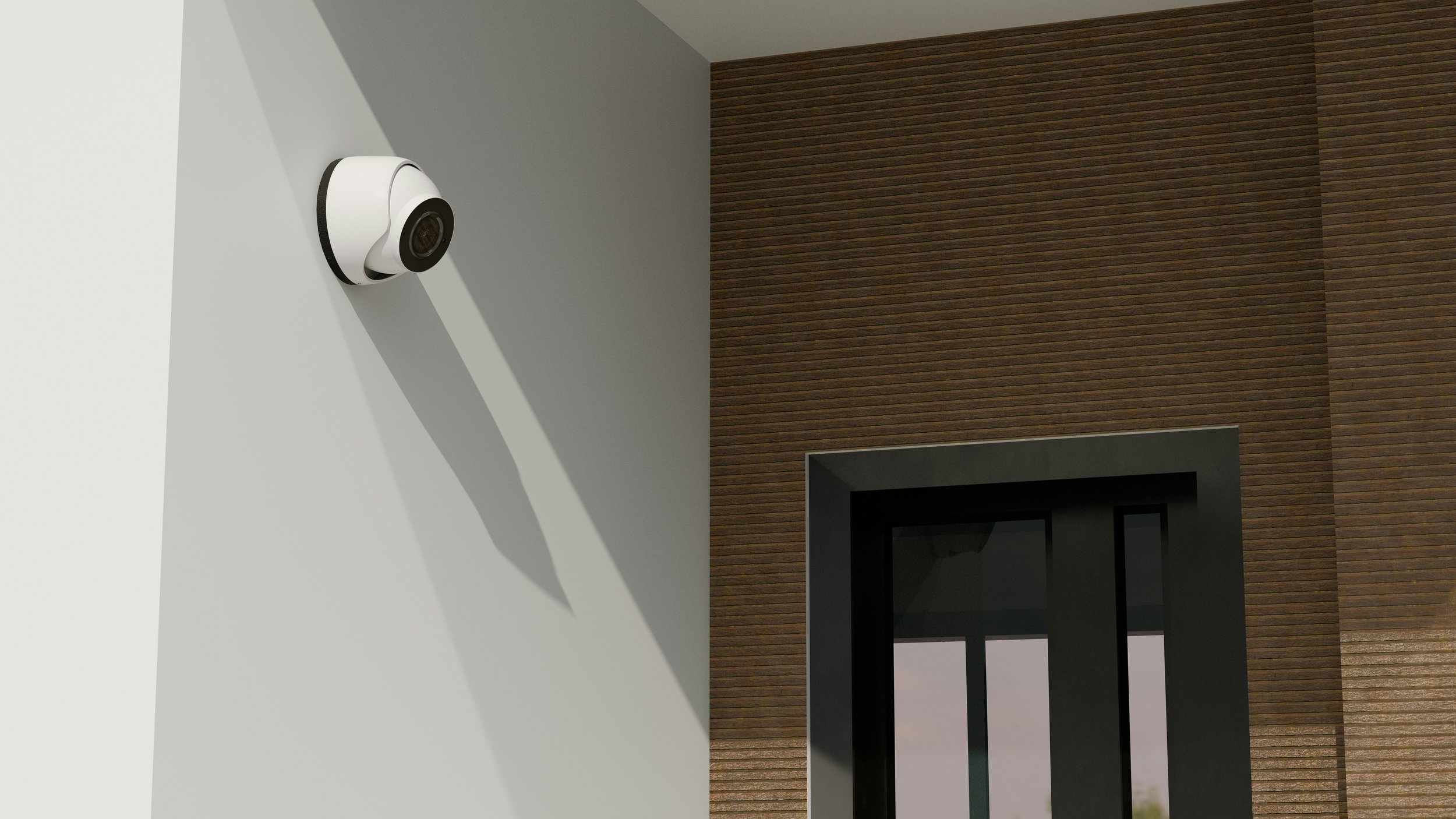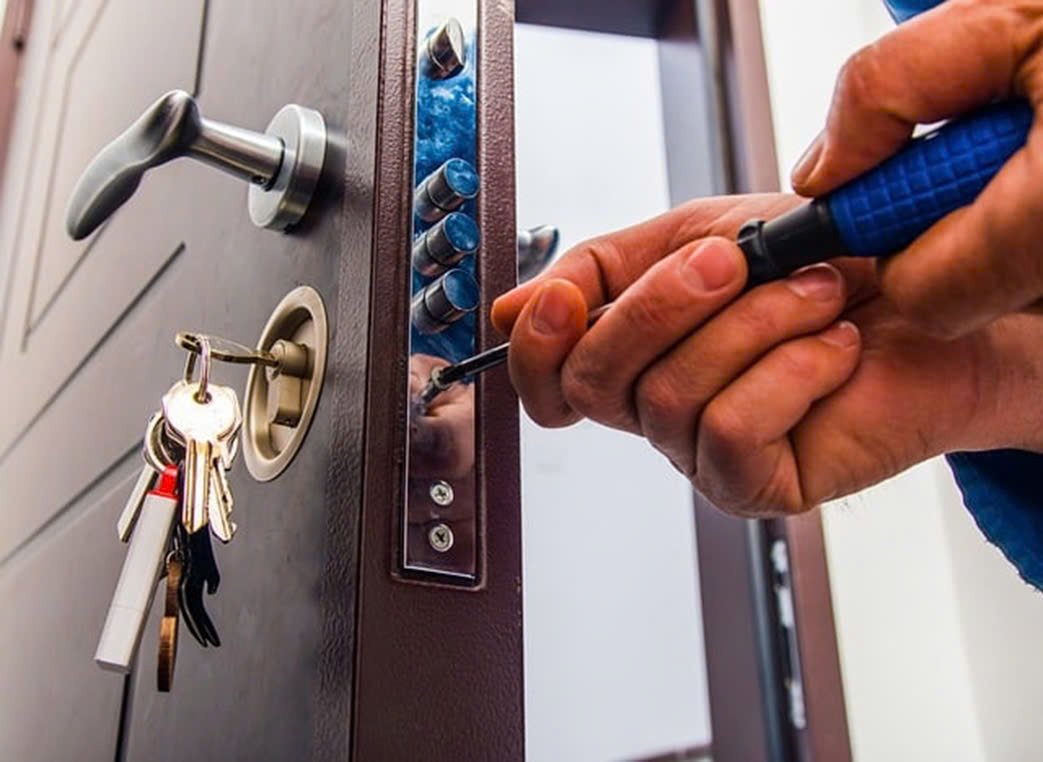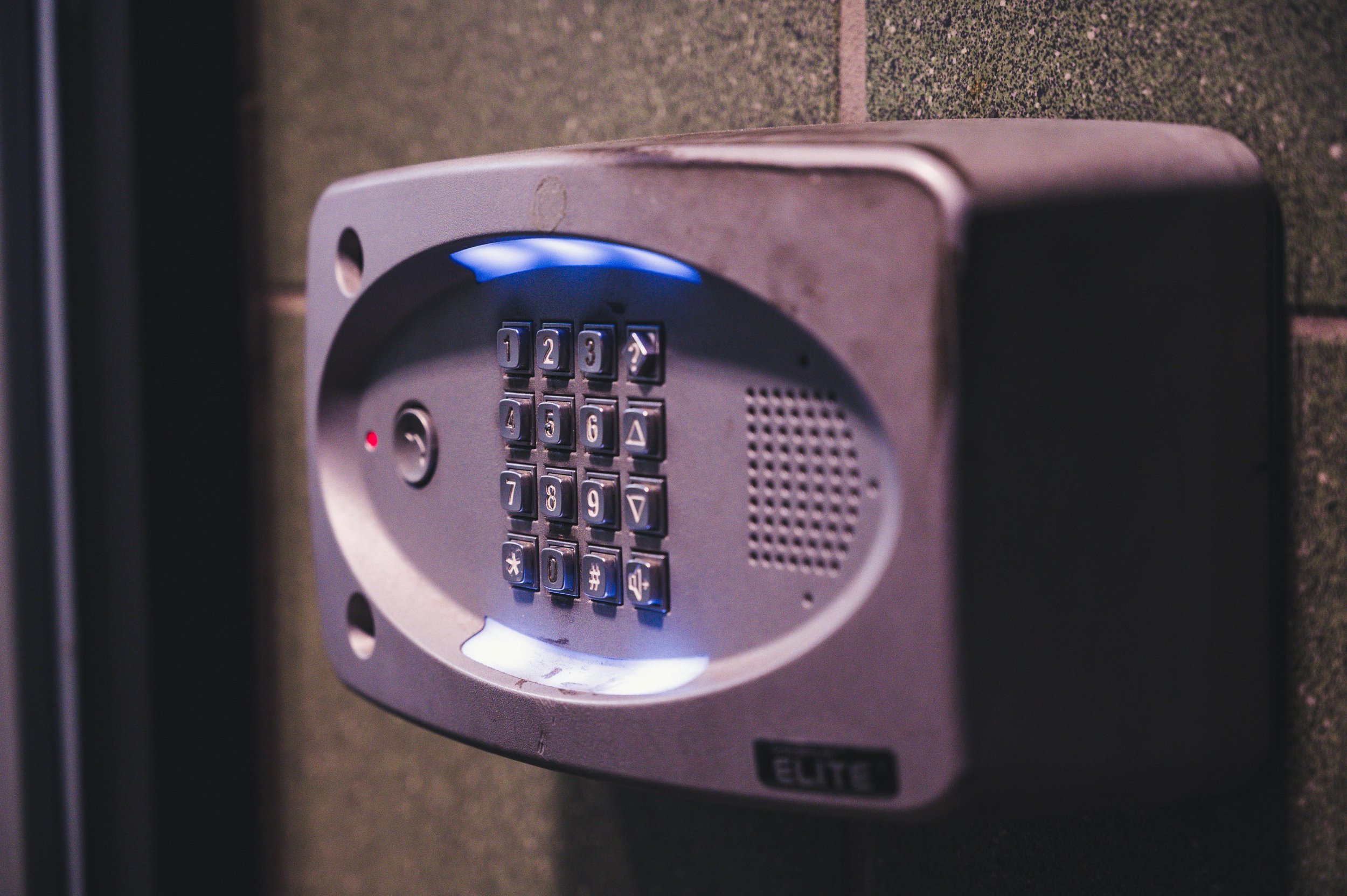Understanding the Lifespan of Security Cameras: Maintenance Tips and Guidelines
Learn about the lifespan of security cameras and discover essential maintenance tips and guidelines to ensure their long-lasting performance.
The utility and importance of security cameras cannot be overemphasized. These are the watchful eyes keeping your homes, businesses, and various establishments secure round the clock. But, like any technological device, a security camera also has a specific lifespan. The lifespan of a security camera is influenced by various circumstances like the model, brand, climate conditions, and how you maintain it. With regular maintenance and appropriate care, you can effectively prolong the lifespan of your security cameras. Thus, understanding these factors along with some effective maintenance tips for your security cameras is key to getting the most of your security system.
The first thing we need to understand is how long a security camera typically lasts. The average lifespan of a traditional security camera ranges between 4 to 6 years. High-end models may last longer, while inexpensive, low-quality cameras might not even last that long. Keep in mind, the changing and improving technology also plays a significant part, often leading to a replacement of otherwise functional cameras to keep up with advanced features.
Now that we have a basic understanding of the typical lifespan, let's delve into what affects it. Some of the major factors impacting the longevity of a security camera are:
1. Quality and Brand
High-quality cameras from reputable brands typically ensure a longer lifespan due to their superior build quality. These cameras are constructed with durable materials designed to withstand the rigor of constant use, making them more resilient to wear and tear. Additionally, they often feature advanced engineering and quality control standards, reducing the likelihood of malfunction or damage over time. Investing in a reputable brand also usually means better customer support and access to replacement parts, further extending the camera's operational life.
2. Installation Area
The location where a camera is installed significantly influences its lifespan. Outdoor cameras are exposed to harsh environmental conditions such as rain, wind, extreme temperatures, and dust, which can accelerate wear and tear. In contrast, indoor cameras are typically in more controlled environments, shielded from these elements, which can help them last longer. Therefore, choosing the right type of camera for its intended environment is crucial for ensuring its durability and performance.
3. Climate Conditions
Security cameras positioned in areas with extreme weather conditions such as severe cold, heat, hail, or rain might not last for their average estimated lifespan due to the stress they face. These environmental factors can cause components to degrade faster, leading to potential malfunctions and reduced performance over time. To combat this, specialized weather-resistant cameras are designed with robust housings and protective features to endure such conditions.
To get the most out of your security systems and ensure they function optimally throughout their lifespan, proper maintenance is imperative. Here are some maintenance tips for your security cameras that can help extend their useful life:
4. Regular Cleaning
Dust and dirt can accumulate on the lens of your security cameras, diminishing their video quality. A regular, careful cleaning with a non-abrasive lens cleaner and microfiber cloth should ensure your lenses stay clear.
5. Check the Wiring Regularly
Loose or frayed wires can lead to signal disruptions, power issues, and overall reduced performance in camera functioning. Therefore, conducting regular inspections and promptly repairing or replacing damaged wires are essential to maintain optimal camera operation and reliability.
6. Shielding from Extreme Weather
If possible, install your security cameras under shelters to protect them from the brunt of harsh climatic conditions. This added layer of protection can significantly extend the lifespan of the cameras by shielding them from direct exposure to rain, snow, hail, and intense sunlight.
7. Update Firmware
Don’t neglect to update your camera’s firmware regularly. Manufacturers often issue updates to fix bugs, enhance security, and improve functionality, which helps keep your cameras running smoothly.
8. Replace Parts When Necessary
Parts of your camera system, such as cables, brackets, and housing, may wear out over time. Replacing these parts promptly can prevent potential damage to the camera itself and ensure continued optimal performance.
In the long run, the continuous care and maintenance of your security cameras can prove to be more cost-effective than having to repair or replace them frequently. Being proactive in maintaining your security system ensures that it continues to function effectively, giving you peace of mind.
Understanding the lifespan of security cameras and incorporating the aforementioned maintenance tips can not only save you money but also ensure your property remains secure effectively. By giving your security cameras the right attention and care, their lifespan can be extended, performance enhanced, and durability optimized.
Final Thoughts
The lifespan of a security camera can vary, but with the right knowledge and the correct maintenance practices, these devices can serve you longer than expected. Follow these tips for your security cameras and enjoy the continued benefits of a working, reliable, and effective security system.












